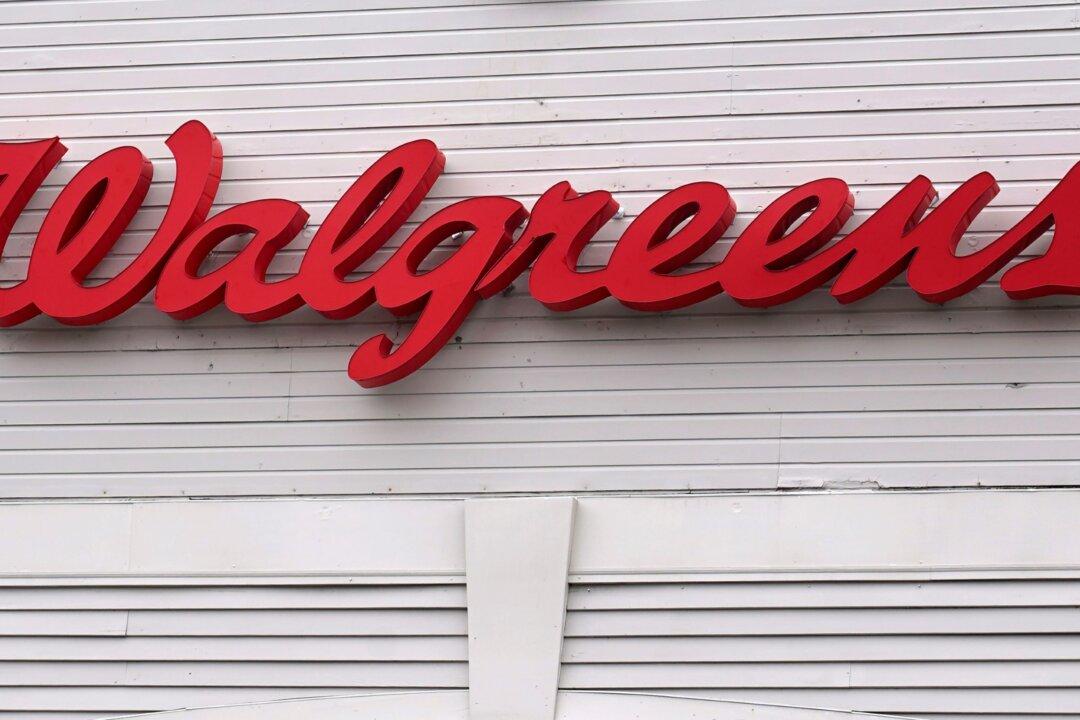COVID-19 vaccines and testing boosted Walgreens store sales growth to levels not seen in more than two decades, pushing the drugstore chain well above Wall Street expectations for the first quarter.
Walgreens doled out 15.6 million vaccines in the quarter that ended November 30, up 16 percent from the previous quarter, as more Americans sought booster shots. Also, federal regulators expanded eligibility for Pfizer’s vaccine to children ages 5 to 12.





